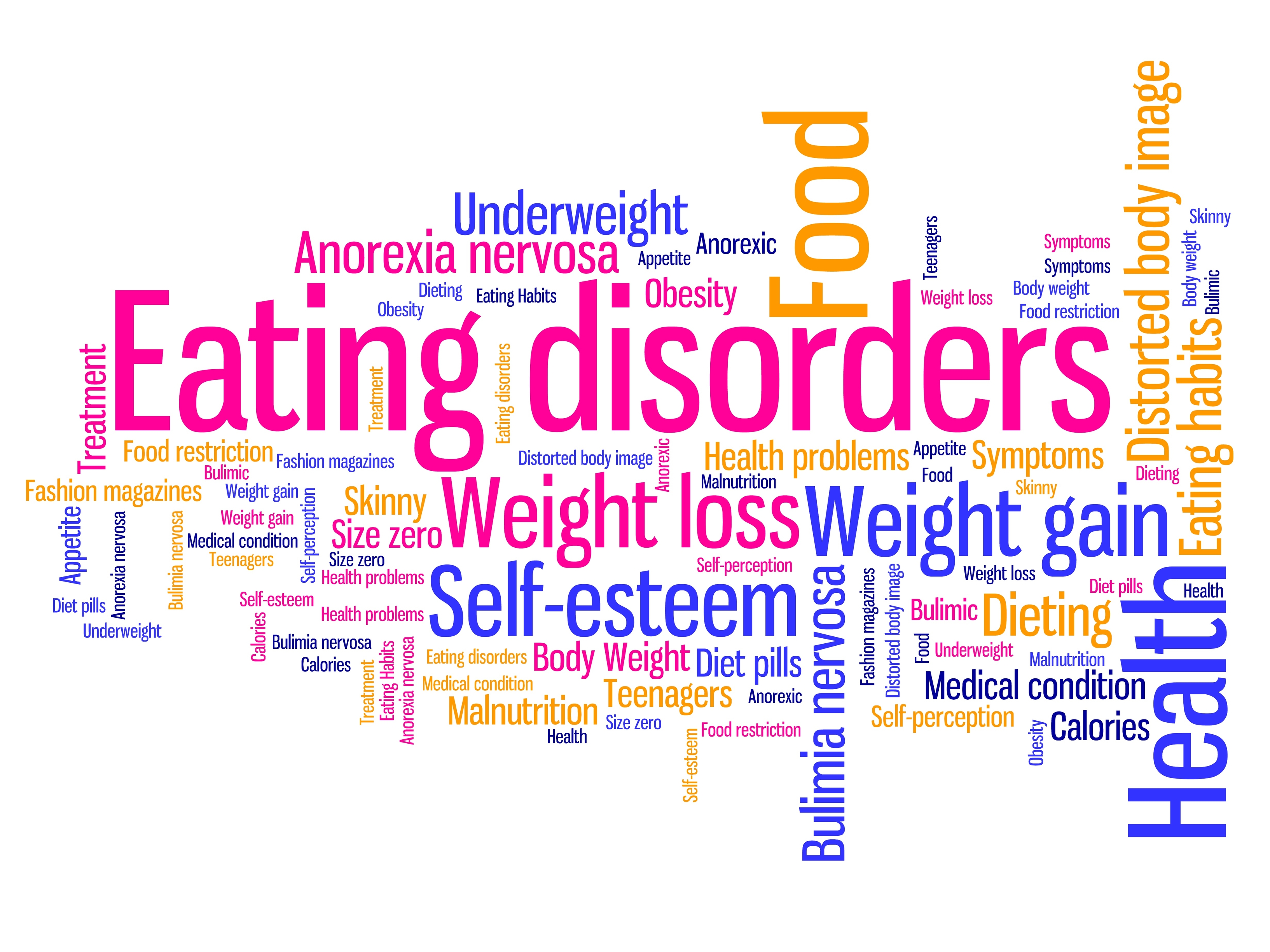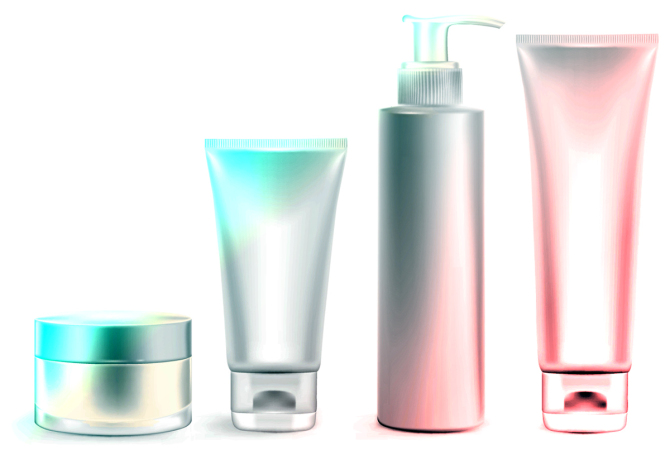It only takes googling “coconut water + celebrities” to find out that with Kevin Garnett as the face of Zito (one of the primary coconut water manufacturing companies) and celebs such as Anna Paquin and Chris Pine swearing by that stuff, coconut water has become the new Gatorade. What’s with all the hype? Is it actually worth it to spend $3 on a container the size of a $0.25 milk carton? Is it a real health miracle or an exotic ploy to empty our pockets for nothing?
Zito’s website sums up the supposed health benefits of drinking coconut water: low in calories, high in potassium, zero fat/cholesterol/added sugar, all natural, and low in acid. Let’s evaluate these claims:
- Low in calories: In one 14-ounce serving of coconut water, there’s only 60 calories compared to the 90 in Gatorade’s “Original Thirst Quencher.” This claim is fair enough.
- High in potassium: In the 14-ounce serving, there’s over 500 mg of potassium, which is more than twice the amount in one banana. Potassium is the number one mineral deficiency in the US, so this could be significant for a lot of people.
A quick aside: why is potassium so important? In short, our blood is transported with the help of potassium and sodium ions, which we call electrolytes. When the ratio of water to electrolytes’s off, the transport system can be thrown off balance, leading to problems with muscle and heart function, and can be fatal when severe. Serious athletes know to hydrate with water and electrolytes and not just one or the other: this ensures that the body can last properly through rigorous exercise.
The FDA recommends 4.7 grams of potassium per day, and they have not set an upper intake limit. It is possible to reach toxic levels of potassium, but unless you’re drinking a dozen servings of coconut water per day, it poses little threat. In fact, for most Americans, the high potassium quality may be beneficial.
- Zero fat/cholesterol/added sugar: Maintaining a low saturated fat, low cholesterol diet is important in managing and preventing high blood pressure and heart disease. Please note the phrase “no added sugar,” a fairly common food label these days, just means that there is no additional sugar, not that there isn’t sugar inherently present. Coconut water naturally has 12 g of sugar per serving.
- “All natural”: Here in Berkeley, we like the sound of that, but what does that mean? The term is currently undefined by the FDA, so, for now, it doesn’t actually mean anything concrete.
- Low acid: Concerned about dental health? Citric acid, which is found in some sports drinks, can lead to dental erosion. Citric acid is also found in oranges, but don’t stop eating your fruits, because fruits comes with many other health benefits (vitamin C and fiber, for example). Citric acid in sports drinks may be unnecessary, but in low amounts they won’t cause your teeth to fall out either.
When it comes to electrolyte drinks, the important things athletes look for are not only hydration but also the maintenance of a healthy electrolyte to water ratio. As a long-distance runner, the rule of thumb I go by is that after about an hour of running, switch from drinking just water to drinking half electrolytes and half water. If you finish a run weighing less than you did before you began, you didn’t just lose weight. You also lost a lot of water. Hydration is very important. If you’re willing to go by coconut water, it’s an option.
There’re many more health claims floating around the internet or even in magazines about coconut water. To name a few, I’ve read that it will help “flush out toxins” and “calm your stomach.” These claims most likely have not been evaluated critically. Everyone’s body is different, so maybe for some coconut water does seem to work magic. Let’s say you spend $3 on a Zito or the equivalent and you feel better. Maybe that’s the placebo effect at work, but if it makes you feel good, then what’s the difference really?
Article by Esther Slaman
Feature Image Source: CNN
























